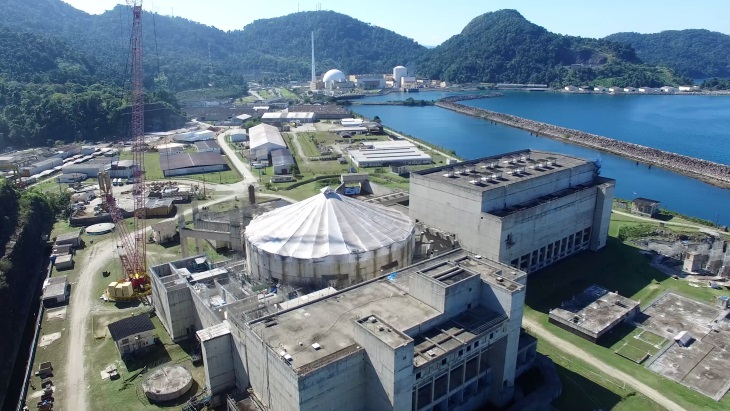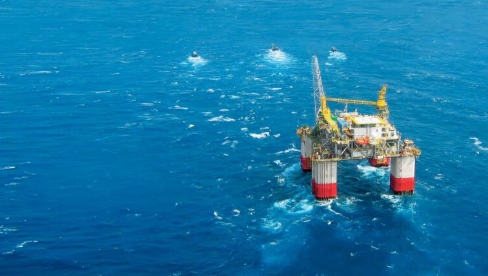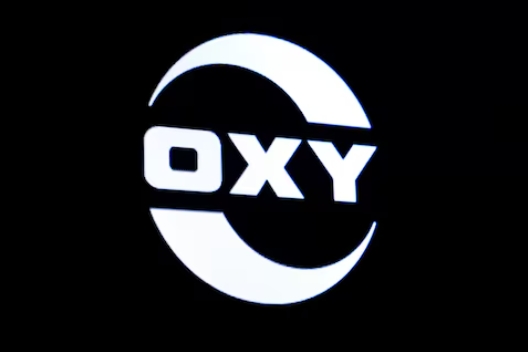
The agreement will see Eletronuclear pay the money in five annual installments, until 2027 which is the scheduled date for the start of operations at Angra 3. According to Angra dos Reis City Hall, it was back in 2009 that the company committed to fund socio-environmental projects following the city hall's assignment of land for the construction of Angra 3.
A two-hour public meeting including civic leaders and the company was held last week at which details of the agreement was confirmed, with a city hall statement saying: "We reached a consensus and, with that, Angra wins, the population wins."
Eletronuclear President Eduardo Grand Court said: "Eletronuclear remains committed to dialogue with all sectors. Our goal is to continue to meet the socio-environmental needs of the population of these cities, always respecting the conditions established by Ibama (the Brazilian Institute of the Environment and Renewable Natural Resources) for the operation of nuclear power plants." The company added that suitable projects and schemes need to be presented to Eletronuclear to receive the funding "with the aim of providing transparency to the process".
The city government of Angra dos Reis ordered a halt to the work on Angra 3 at a meeting on 19 April. In a statement at the time, Mayor Fernando Jordão said: "I authorised this embargo because Eletronuclear is executing a project that is not in accordance with what the municipality approved" and said Eletronuclear had yet to pay the "socio-environmental compensation" it had committed to pay in 2009, saying: "We have to resolve this issue so that we can issue the construction permit for Angra 3."
That month-long halt to construction on Angra 3, which is on the coast about 70 miles south of Rio de Janeiro, came just six months after work finally restarted following a seven year break.
Brazil currently has two reactors - Angra 1 and Angra 2 - which generate about 3% of the country’s electricity. Work on the Angra 3 project - to feature a Siemens/KWU 1405 MW pressurised water reactor - began in 1984 but was suspended two years later, before construction began. The scheme was resurrected in 2006, with first concrete in 2010. But, amid a corruption probe into government contracts, construction of the unit was halted for a second time in 2015, when it was 65% complete. At the time of the project’s revitalisation, Eletronuclear’s aim was to start operations by the end of 2026.
Brazil also began a process to identify sites for new nuclear power plants last year. The country has historically relied on hydro for as much as 80% of its electricity but changes in rainfall patterns produced droughts which reduced this to 65% by 2018. Brazil’s National Energy Plan to 2050 says the country aims to add 10 GW of nuclear capacity in the next 30 years.







